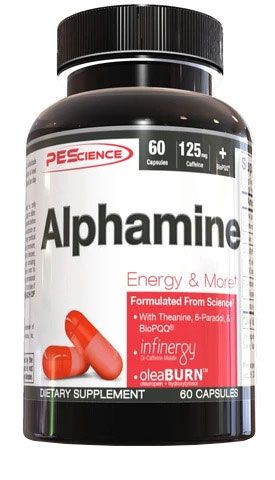
In the world of sports and physical fitness, athletes are constantly seeking ways to enhance their performance and accelerate recovery from strenuous activities. While a balanced diet and proper training regimen are crucial, many athletes turn to supplements to achieve their goals. This article explores some of the popular supplements available and their benefits.
1. Creatine
Creatine is one of the most widely researched and used supplements for performance enhancement. It is naturally occurring in the body and found in certain foods. Creatine has been shown to improve strength, power, and muscle mass. By increasing the availability of energy in the muscles, it allows athletes to push harder and longer during exercise. Creatine supplementation is particularly beneficial for high-intensity, short-duration activities like weightlifting and sprinting.
2. Branched-Chain Amino Acids (BCAAs)
BCAAs are a group of essential amino acids including leucine, isoleucine, and valine. These amino acids cannot be produced by the body and must be obtained through diet or supplementation. BCAAs are known for their ability to promote muscle protein synthesis and reduce muscle damage. Therefore, they are commonly used to enhance performance and expedite recovery. BCAAs can be taken before, during, or after exercise to support muscle growth and repair.
3. Beta-Alanine
Beta-alanine is an amino acid that combines with histidine to form carnosine. Carnosine acts as a buffer in muscles, reducing the buildup of lactic acid during intense exercise. By delaying fatigue, beta-alanine supplementation can enable athletes to perform at higher intensity for longer durations. This supplement is popular among endurance athletes and individuals engaging in high-intensity interval training (HIIT).
4. Whey Protein
Whey protein is a complete protein source derived from milk. It is quickly digested and absorbed by the body, making it an ideal supplement for post-workout recovery. Whey protein contains all essential amino acids required for muscle repair and growth. By consuming whey protein shortly after exercise, athletes can promote muscle protein synthesis, reduce muscle soreness, and enhance overall recovery.
5. Fish Oil
Fish oil is a rich source of omega-3 fatty acids, specifically eicosapentaenoic acid (EPA) and docosahexaenoic acid (DHA). These fatty acids possess powerful anti-inflammatory properties, which can aid in minimizing exercise-induced muscle damage and inflammation. Additionally, fish oil supplementation has been associated with improved cardiovascular health and cognitive function, further benefiting athletes’ overall well-being.
6. Caffeine
Caffeine is a widely consumed stimulant that can enhance both physical and mental performance. It stimulates the central nervous system, increasing alertness, focus, and endurance. Caffeine has also been shown to reduce perceived exertion, meaning athletes may feel less fatigue during exercise. However, it is important to note that caffeine affects individuals differently, and excessive consumption can lead to negative side effects such as anxiety and disrupted sleep patterns.
Conclusion
Supplements can be valuable tools for athletes seeking performance enhancement and expedited recovery. However, it is crucial to remember that supplements are not a substitute for proper nutrition and training. Before incorporating any new supplement into your routine, it is advisable to consult with a healthcare professional or sports nutritionist to ensure safety and efficacy. When used responsibly and in conjunction with a healthy lifestyle, supplements can play a supportive role in optimizing athletic performance and aiding in recovery.

